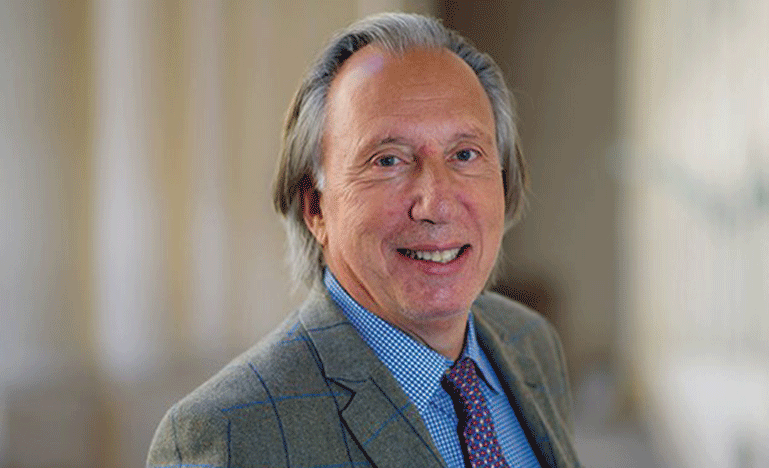Q&A with Mark A. Cohen: People skills for the future
Even as automation takes over, chipping away at our sense of security, people skills will command a high price in the battle for talent, says Mark A. Cohen, a legal strategist and CEO of Legal Mosaic.

CBA National caught up with Cohen after his keynote speech at the 2018 CCCA National Conference in Toronto to ask him how law firms should go about focusing their efforts on hiring the right people.
CBA National: You’ve said that just knowing the law won’t cut it anymore. It’s people skills that matter again. Why?
Mark A. Cohen: Most people are fearful that machines are going to replace people or marginalize their roles. But as technology becomes more and more widely deployed, one of the things that will separate successful professionals from machines is their EQ or people skills. Law has always been, in my opinion, a persuasion game. And now, those with people skills will be able to use technology to be more persuasive. Those who will succeed are the leaders who will be able to machine harvest data, understand it, and communicate it effectively to other people so that they act on it successfully.
N: Does that mean younger legal professionals all need to acquire technological skills?
MC: I would say that law today involves three sets of expertise. One is the same as it’s always been: You’ve got to know the law, though we are getting much more segmented and differentiated in terms of what constitutes legal expertise. There’s more specialization. Then there’s business expertise, which starts with project management but also involves just an understanding of the business, how its delivery can be made more efficient, cost-effective and ultimately useful if you can resolve a matter more quickly. Then the third component is technology. Having people skills is about being able to integrate all of those things in a way that’s going to be meaningful to your employer, your client or your colleagues.
N: How should law firms and legal outfits be focusing their efforts to capture the right mix of talent?
MC: Let’s be honest about it. Why do so many young people want to work at Google or any other tech company? Part of the answer is because those companies are unlike law, which is so rigid and hierarchical. These are companies where a 21-year old wunderkind can rise in a very mercurial fashion, right? It’s all based on competence. Law just isn’t that way. You’ll have people who’ve been there for their whole career saying “Have you gone crazy? I’m the biggest rainmaker. You’re going to tell me now what I have to do?” And there are all sorts of conflicting economic considerations and so on and so forth. But in a perfect world, you want a flatter structure.
N: Is that even possible for a law firm?
MC: Well, it’s not possible with the traditional partnership structure. But equally, for most firms, the way they do it now isn’t sustainable. When I started, for every four associates there was one partner. Now it’s 1.6 associates to a partner. So that whole leverage element is gone which also means that you’ve got fewer people who are going to come up the ladder. They’ve looked at the odds in terms of the likelihood they’ll ever become a partner. And they’re not very good. It’s why a lot of people are either not going to law school or they’re saying “Well, I’ll do my two years or three years in big law to help pay off my loans and then I’ll go and do something else.” Between buyers putting more pressure on law firms and a shrinking talent pool, I think they’re going to have real problems before long.
N: So back to people skills, what do law firms need to focus on?
MC: Well, if I were the managing partner, I’d be looking for people who have skillsets that predate their decision to become a lawyer, and that are going to be useful to my business in serving clients. So I want the kid who as an undergraduate was studying a STEM subject, or has an engineering background or a really killer mathematics background. These are all the people that I would be looking for instead of having everybody from the law review. Sort of like the team that always drafts the players by position versus the team that says, “Wait a minute, this guy could play anything.” That would be my philosophy. And frankly, I did that a long time ago and it worked really well. Ask yourself what kind of environment you want to work in and what kind of environment is going to attract people with different strengths.
This interview was edited and condensed for publication


